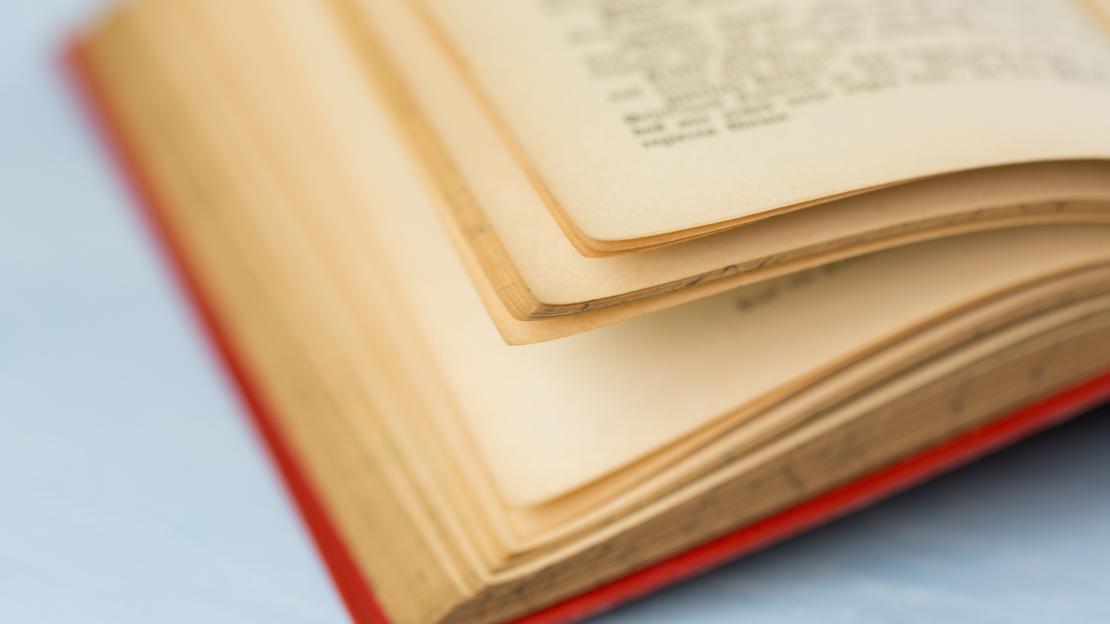The University of Toronto Libraries, in collaboration with EIFL (Electronic Information for Libraries), have facilitated the first international transfer of accessible format books to Kyrgyzstan for persons with print disabilities.
The action is the latest implementation of the Marrakech Treaty, an international agreement that removes barriers to access and permits the creation of accessible formats for print disabled persons without violating copyright laws.
U of T Scarborough’s Chief Librarian, Victoria Owen, has been working towards helping the treaty get through its “last mile.”
“It was many miles to get to Marrakech. Without libraries, the Marrakech Treaty has no effective means of implementation. They are where this policy is put into practice,” says Owen. “Libraries are essential vehicles for public policy dissemination.”
Owen participated the diplomatic conference in 2013 in Marrakesh that led to the creation of the treaty and was in Ottawa when Canada became the 20th country to ratify the treaty in 2016.
The materials, a Russian work titled Zemli, liudi and The lean startup: how today's entrepreneurs use continuous innovation to create radically successful businesses, were found in the U of T libraries catalogue and transferred as accessible files through Dropbox.
The next step in putting the Treaty into practice is a universal guide for all frontline librarians to understand their role in delivering accessible content. An international team of authors developing the guide is comprised of librarians from Canada, Spain, Australia, Denmark, and the Netherlands, including Owen, as an author and the guide’s editor.
Once a country has ratified the Marrakech Treaty into national law the guide will work as a “starting off point,” says Owen.
“Librarians would say ‘Okay, my country has ratified this treaty, what do I do now? What does it mean for the people in my city and my library?’,” says Owen. “It’s a hands-on practical guide, informing librarians on how to start using the Marrakesh Treaty and to make full use of their rights.”
The guide has been reviewed by a group of experts from the International Federation of Library Association (IFLA) who serve print disabled people. Other reviewers include a legal expert, a user experience librarian and a librarian at the National Council for the Blind of Ireland. The guide will be made available in print and online through the IFLA website.
Owen says that the Marrakesh Treaty guide for librarians complements those produced by the World Blind Union, the UN, and EIFL. It is not meant to be the last word; it provides a tool for librarians to get started.
“In some ways it’s the last mile, in some ways it’s the first step in making works more accessible: a giant step forward,” says Owen.
